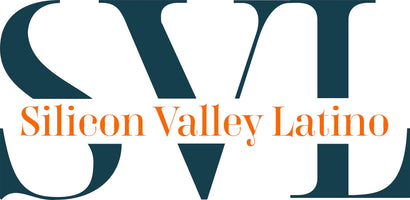It’s Never too Early to Save for Your Retirement

- With a Traditional IRA, contributions you make to it are usually tax deductible and are made with pre-tax dollars. You won’t pay taxes on your gains (profits) until you start taking distributions, or withdrawals, at age 59-and-a-half. The advantage of this is that you’ll keep more money in your IRA account over a long period of time, which allows your money to compound at a faster rate.
- With a Roth IRA, the contributions you make to it are made with after-tax dollars. You pay taxes now, at your current income tax rate, because taxes on the money you're contributing were already taken out before you received your paycheck. This allows your earnings to grow tax fee, and if you anticipate being in a higher tax bracket in the future, the Roth IRA is probably your best choice.
Written by Elizabeth Luna: Contributing writer on Finance
Leave a comment
Comments will be approved before showing up.
Also in Business

Latina Leadership Making History: Maricela “Marci” Luna
History was made in Los Angeles as Maricela “Marci” Luna was honored by the U.S. Postal Service as the first Mexican-American Latina to serve as Postmaster of Los Angeles—a milestone more than 170 years in the making.

2025: Storytelling Has Always Been Our Strategy
2025 reaffirmed what has always guided Silicon Valley Latino: storytelling as strategy. In a year shaped by uncertainty and nonstop headlines, we remained focused on elevating the positive, impactful work happening across our community—highlighting solutions, success stories, and the leaders building a stronger future. This year-end reflection looks back at how and why our stories continue to matter.

Latine-Owned Businesses Navigate a Shifting Economic Landscape
What are Latine business owners experiencing in today’s economy? Drawing from our recent survey, this article explores emerging trends, shared challenges, and the resilience shaping Latino entrepreneurship as we look ahead.

